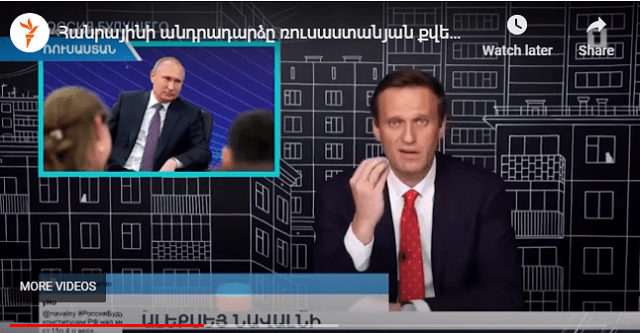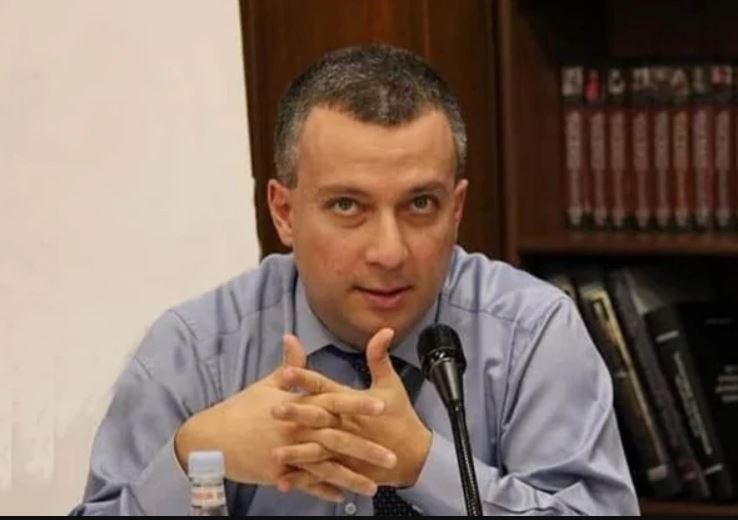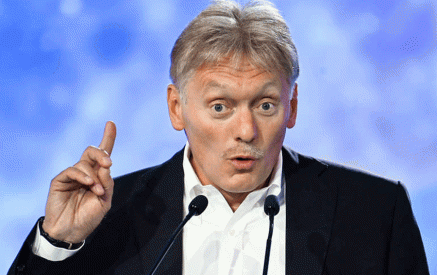On the eve of the referendum, a short report was broadcast on the Armenian Public Television’s (H1) news hour. During the segment, divergent opinions of Russian citizens were presented, including some critical remarks by Alexei Navalny, one of the most prominent opposition figures in the country. Navalny’s appearance on Armenian state television immediately drew an uproar and protests by some, who viewed it as a hostile act against Russia.
Although in the west Alexis Navalny is seen as a supporter of democracy, he is a controversial figure with close ties to Russia’s ultra-nationalist movements and supports the opinion that Moscow must stop “feeding” the emigrants from the Caucasus region, including, of course, the Armenians.
In the past, Armenia’s Public Television was run from the Presidential Palace and the airwaves were under strict control. Currently, H1 enjoys considerable editorial independence in news selection and presentation. This is noticeable in the course of news and interviews about the internal life of Armenia, when criticisms are often voiced against the authorities and different opinions are presented.
Read also
Considering that nowadays every issue in Armenia is being used to attack the government, this too was used to level accusations that it is “destroying” relations with Russia. Gagik Tsarukyan, the leader of the Prosperous Armenia Party, announced that there are elements who are disseminating anti-Russian sentiments in Armenia, and added that he, as the leader of the second-largest bloc in the Parliament, will fight these provocations. Tsarukyan, who is currently under indictment for vote-buying during the 2017 parliamentary elections, was attempting to use this issue to gain support from Russian circles.
On the other hand, officials in the ruling “My Step” block were quick to respond that there were no anti-Russian sentiments in Armenia, and no one can provoke anti-Russian agendas in Armenia. Nevertheless, it must be acknowledged that there are certain pro-Western opinion writers, political commentators, and other forces who are engaged in anti-Russian propaganda and attribute all the “misfortunes” of Armenia, during the past 100 years, to Moscow.
Throughout its history, the Social Democrat Hunchakian Party has been committed to developing and maintaining close relations with Russia, believing that such cooperation is in the best interest of Armenia geopolitically, militarily, and economically.
Since its independence, the cornerstone of Armenia’s foreign policy is based on close relations and alliance with Russia. All subsequent governments have pursued the same policy, which is being followed by the current government. Therefore, the recent uproar about Armenia-Russia relations is ill-advised and exaggerated.




















































